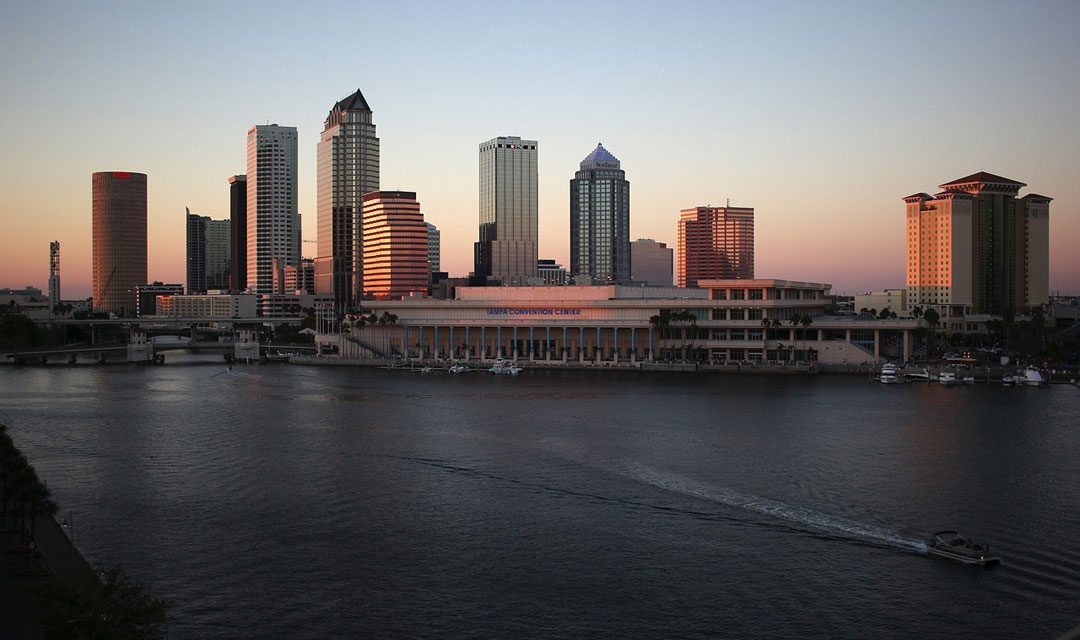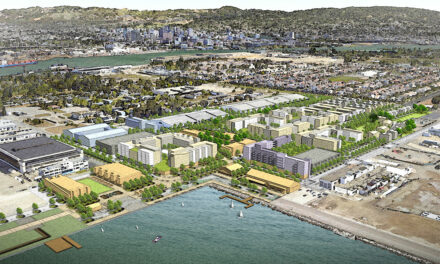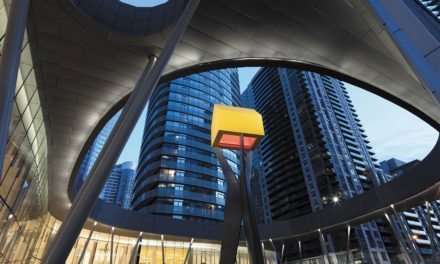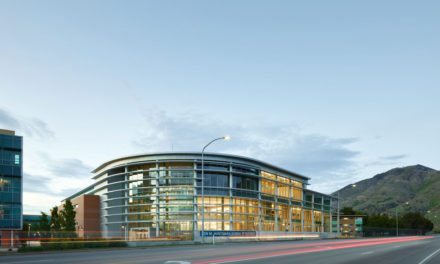Five projects sign on to promote human health and wellness on a district scale
NEW YORK–(BUSINESS WIRE)–Yesterday, the International WELL Building Institute™ (IWBI™) reported that five projects have already registered to pursue the newly launched WELL Community Certification, helping to set a new global benchmark for healthy communities. Launched on September 5, 2017, the WELL Community Standard pilot is a district-scale rating system centered exclusively on human health and wellness.
A companion to the pioneering WELL Building Standard™ (WELL™), the WELL Community Standard is grounded in evidence-based research and developed through consultation with leading physicians, scientists and public health professionals, as well as city planners, engineers and architects.
The standard’s development benefitted from expertise provided by several notable community-level projects, two of which have registered for the pilot. These include Water Street Tampa in Tampa, Fla., which inspired the creation of the standard in September 2015 when Strategic Property Partners, LLC (SPP), the developer of Water Street Tampa, joined President Bill Clinton at the Clinton Global Initiative. Water Street Tampa was the first adopter of WELL’s approach for a community founded on health and wellness as part of its core development principles. Located in the heart of downtown Tampa, Water Street Tampa intends to revitalize the surrounding area and create an urban, mixed-use waterfront district consisting of over nine million square feet of new commercial, residential, hospitality, cultural, entertainment, education and retail uses, totaling approximately $3 billion in private investment.
Shanghai EXPO Urban Best Practices Area, also a working group project that has registered, was a flagship project from the Shanghai World Expo 2010. By enabling global cities to partake in the World Expo for the first time in history, the project became a successful innovation itself. The project served to showcase, communicate and promote best practices in development, management, planning and construction of urban areas, hence creating a positive impact on future urban development. In the post Expo era, Shanghai EXPO Urban Best Practice Area continues its vision for a “Better City, Better Life,” placing a major focus on supporting the creative industry to forge a city district sustaining the Expo spirit and Shanghai style. The UBPA project, as the first in Asia to have achieved pre-certification for LEED for Neighborhood Development at the Platinum level, is committed to a low carbon footprint throughout the district, and is positioned to attract businesses in the area of cultural heritage and creative industry as a new commercial destination in Shanghai.
Also among the very first group of global projects to register is Gulf of Greenland. This 800-acre project in Ningbao, Zhejiang, is China’s first registered project pursuing the WELL Community Standard pilot as new construction type currently under construction. Greenland, a global Fortune 500 firm, will inject 50 billion Yuan to develop a seaside community incorporating special townships, high-rise office towers, designer hospitality facilities, commercial blocks.
A third China project, Belief Regression by Zhongnan Group, was also among the first registrants. This 18-acre healthy community project will be new construction in Langfang, Hebei. Zhongnan is known for its dedication to healthy-life eco-system throughout life cycles, ranging from personal wellness to healthy community development.
A fifth project, Kearny Point, has also registered. The New Jersey-based project includes the new construction and adaptive re-use of a historical shipyard originally known as Federal Shipyard and Drydock, considered one of the most innovative and productive shipyards during WWI and WWII. Over the years, the site had been converted into low-density distribution and warehousing until inundated by Superstorm Sandy. The project includes the conversion of existing structures into Class A creative office and light industrial uses and the creation of over 25 acres of new and restored open space and civic realm, taking advantage of the site’s position immediately on the Hackensack River and Newark Bay. The project will incorporate the highest levels of green infrastructure, restore the environmentally challenged river into a Living Shoreline, and activate an abandoned boat basin into an economically vital waterfront commercial use.
“We are excited to see such early enthusiasm for the WELL Community Standard,” said IWBI Chairman and CEO Rick Fedrizzi. “The significant uptake speaks to the WELL Community Standard’s revolutionary capacity to enhance people’s health and quality of life on the widest scale to date. These projects are true pioneers who are demonstrating their desire to be at the cutting edge of what I call ‘the second wave of sustainability.”
The pilot program builds on the principles of the WELL Building Standard, a performance-based system for measuring, certifying, and monitoring features of the built environment that impact the human experience. It aims to set a new precedent for planning, building and development by providing a thorough understanding of how communities can employ actionable strategies and interventions to support the health and well-being of their residents across all aspects of community life.
Building off existing WELL programs and incorporating features specific to urban scale developments, the WELL Community Standard focuses on 10 core concepts of performance that impact human health and wellness: Air, Water, Nourishment, Light, Fitness, Temperature, Sound, Materials, Mind and Community.
About WELL Standards
The WELL Building Standard™ (WELL) is a performance-based system for measuring, certifying and monitoring features of buildings around the globe that impact the health and wellness of people. It is grounded in evidence-based research that demonstrates the connection between the buildings where people spend approximately 90 percent of their time and those buildings’ health and wellness impacts on those who use them. The WELL Community Standard™ is a district-scale rating system that takes into account the interconnectivity between buildings and their surroundings and the overall impact on human health. The WELL Building Standard and the WELL Community Standard are administered by the International WELL Building Institute™ and third- party certified by Green Business Certification Inc. (GBCI). www.wellcertified.com
About the International WELL Building Institute™
The International WELL Building Institute (IWBI) is a public benefit corporation that is leading the movement to promote health and wellness in buildings and communities everywhere. IWBI delivers the cutting-edge WELL Building Standard™ and the WELL Community Standard™, performance-based systems for measuring, certifying and monitoring features of buildings and communities that impact the health and wellness of the people who live, work and learn in them. It also supports the growing number of professionals who seek WELL accreditation, as administered by GBCI. www.wellcertified.com
Editor’s Note:
Read more about the Water Street Tampa project Water Street, transformative redevelopment in heart of Tampa, to break ground in fall 2017.





